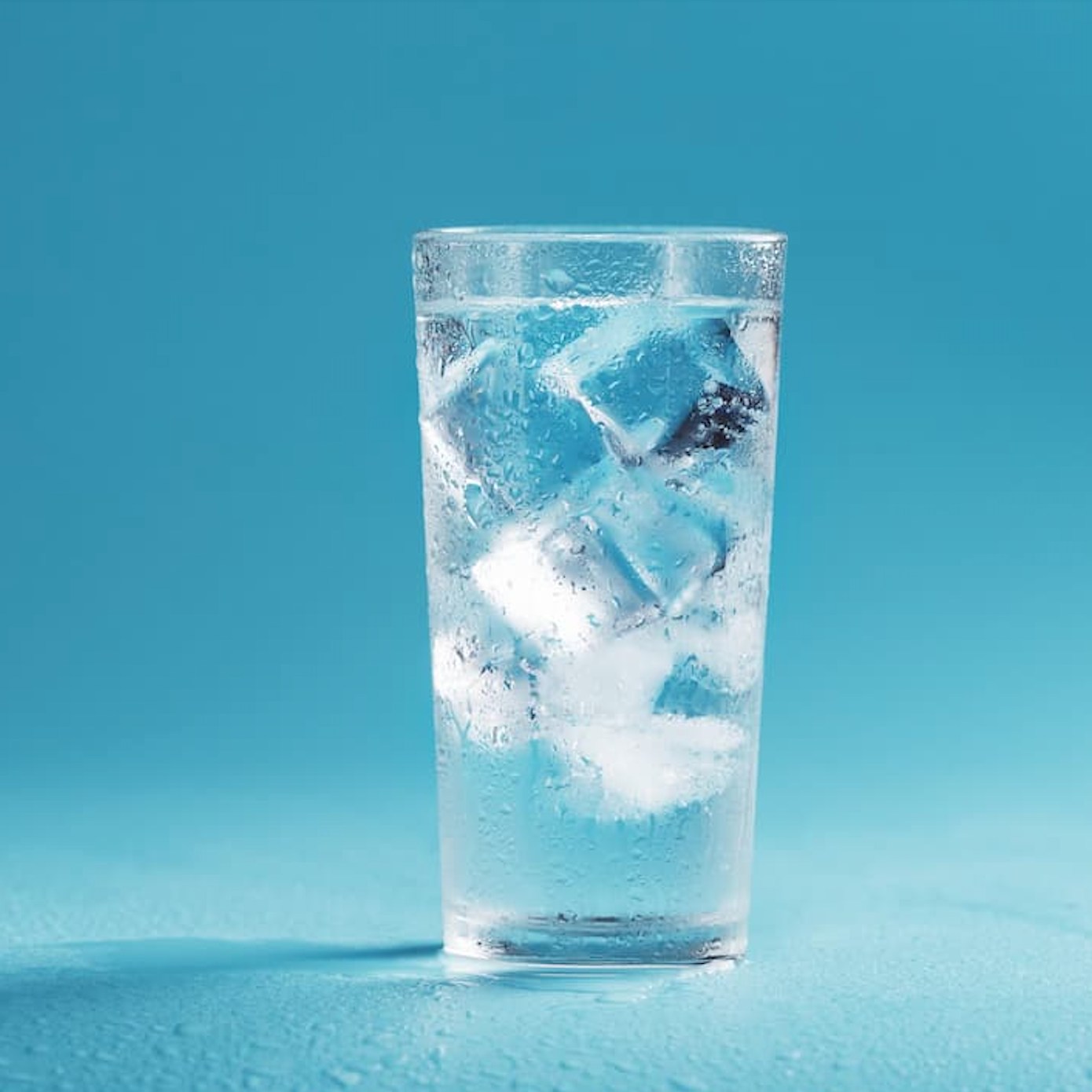Can Hot and Cold Drinks Affect Your Mood and Digestion?
Your choice of hot or cold foods and beverages could play a role in your mental health and digestive comfort.
By
Lana Pine
| Published on October 7, 2025
5 min read
Credit: Adobe Stock/Alexander

A recent study published in the British Journal of Nutrition revealed that the temperature of the foods and drinks you consume may influence your mental well-being and digestive health.
“Something as simple as the temperature of what we eat and drink can have real impacts on health,” said the study’s lead investigator, Tianying Wu, M.D., San Diego State University (SDSU) associate professor of epidemiology. “Because cold and hot consumption is such a routine part of daily life in the U.S., at home and in restaurants, the findings have broad relevance to everyday health choices.”
The team looked at how drinking or eating very cold or very hot foods and drinks might affect mental and digestive health among adults in the U.S., focusing on differences between Asian and White participants.
In many Asian cultures, warm or hot drinks are viewed as harmless or beneficial, while cold drinks and foods are considered unhealthy — drawing from traditional Chinese medicine (TCM). However, in Western culture, cold foods and drinks are not generally avoided for any health reasons.
Previous research has pointed to the gut-brain axis to explain how consuming cold beverages can lead to digestive issues and even worsen gastrointestinal symptoms in people with irritable bowel syndrome. Cold stress can also negatively impact mental health by reducing blood flow and microcirculation, which hinders the delivery of oxygen and nutrients to the brain. This in turn can harm neurotransmitter production, such as serotonin.
Conversely, other studies have noted consuming hot or warm drinks can help support gastrointestinal function, improve circulation and enhance relaxation by activating the parasympathetic nervous system.
To determine whether the practice of consuming warm foods and drinks has broader health implications for non-Asian populations, the investigators analyzed data from 212 Asian and 203 White adults aged 18 to 65 enrolled in the Healthy Aging Survey at SDSU. Participants reported how often they consumed hot or cold meals and beverages, and whether they experienced symptoms such as depression, anxiety, insomnia, or gastrointestinal issues like gas and bloating.
Key findings include the following:
- For Asian adults:
- Consuming more cold foods and drinks during the summer was linked with higher anxiety and feelings of abdominal fullness.
- Those who drank the most cold beverages in summer also reported more trouble sleeping.
- For White adults:
- Drinking hot beverages in the winter was linked with better sleep and fewer digestive issues, including gas.
- Those in the highest group of winter hot drink consumers had lower depression scores.
- Additional insights:
- These temperature-related effects were stronger among people who naturally have cold hands.
- No significant associations were found in people without cold hands.
Findings indicate the temperature of the foods and drinks you consume may influence your mental well-being and digestive health. Cold foods and drinks may worsen anxiety and sleep problems in some populations, while hot beverages could support better sleep and mood in others. Paying attention to the temperature of what you eat and drink could be an important, simple strategy for overall wellness, especially in diverse populations.
Like all research, this study has some limitations. Investigators noted that because it was based on one point in time, it can show associations but not prove that cold or hot foods and drinks cause certain health effects. The information came from participants’ own reports about what they ate and how they felt, which can sometimes be inaccurate or incomplete. This means the results might be influenced by memory or reporting errors. Additionally, the team did not measure the actual contents of the cold or hot drinks (for example, whether they contained caffeine or sugar), which could have affected the results. Still, self-reported data like these are commonly used in health research and can reveal important early trends.
“This research provides a snapshot of how hot and cold consumption may relate to health outcomes,” said Wu. “The next step is to conduct more rigorous prospective and intervention studies, since the effects can be dynamic — for example, older adults or individuals with poor circulation may be especially vulnerable to cold exposure.”

